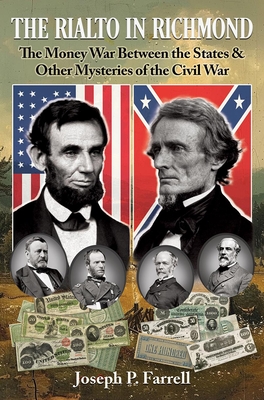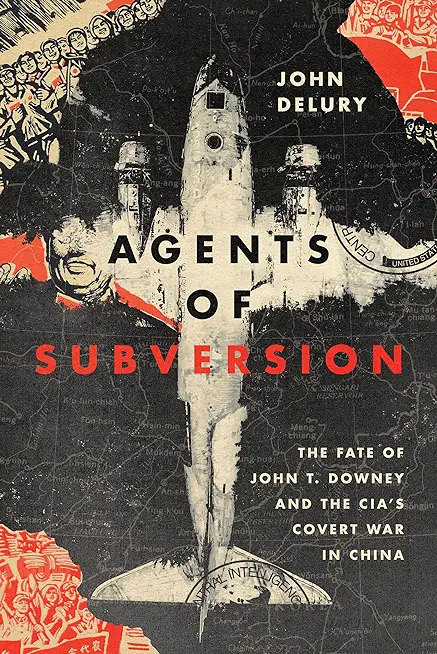
Williams, Kidada E.
product information
description
9
Shares wrenching accounts of the everyday violence experienced by emancipated African Americans
Well after slavery was abolished, its legacy of violence left deep wounds on African Americans' bodies, minds, and lives. For many victims and witnesses of the assaults, rapes, murders, nightrides, lynchings, and other bloody acts that followed, the suffering this violence engendered was at once too painful to put into words yet too horrible to suppress. In this evocative and deeply moving history Kidada Williams examines African Americans' testimonies about racial violence. By using both oral and print culture to testify about violence, victims and witnesses hoped they would be able to graphically disseminate enough knowledge about its occurrence and inspire Americans to take action to end it. In the process of testifying, these people created a vernacular history of the violence they endured and witnessed, as well as the identities that grew from the experience of violence. This history fostered an oppositional consciousness to racial violence that inspired African Americans to form and support campaigns to end violence. The resulting crusades against racial violence became one of the political training grounds for the civil rights movement.member goods
No member items were found under this heading.
Return Policy
All sales are final
Shipping
No special shipping considerations available.
Shipping fees determined at checkout.







